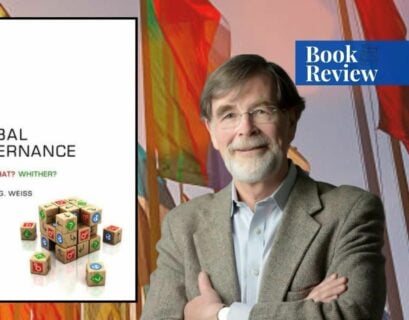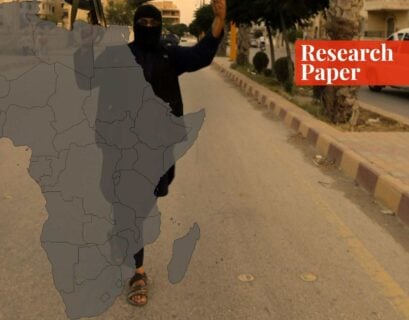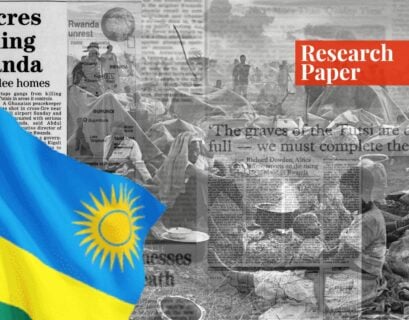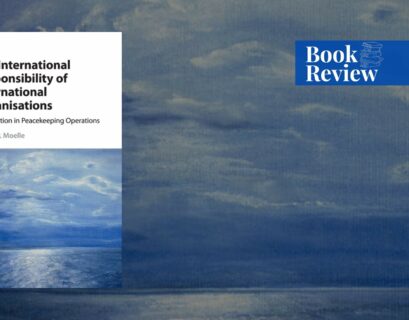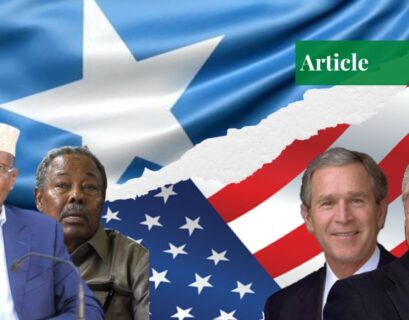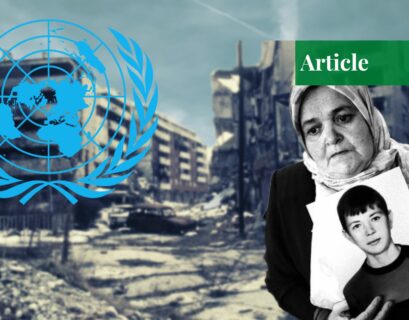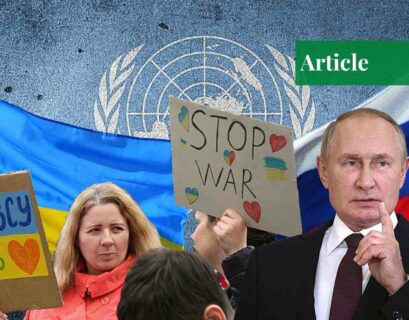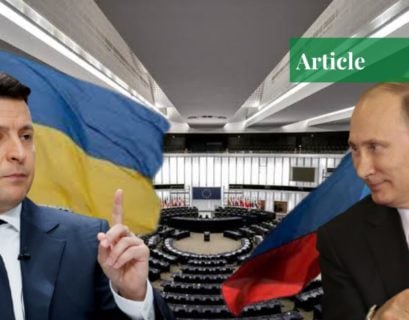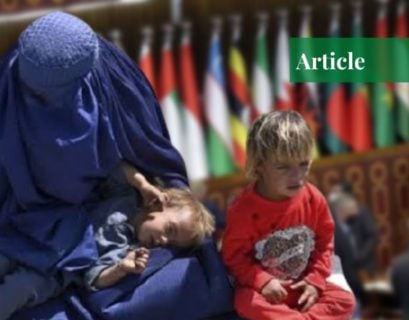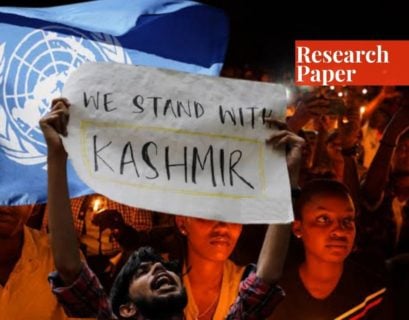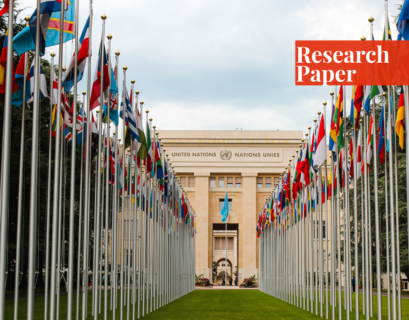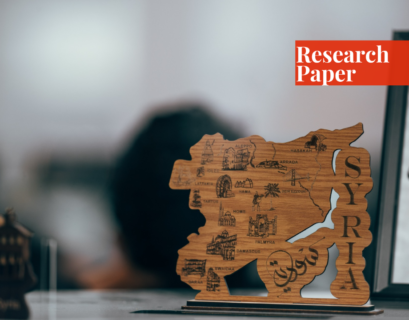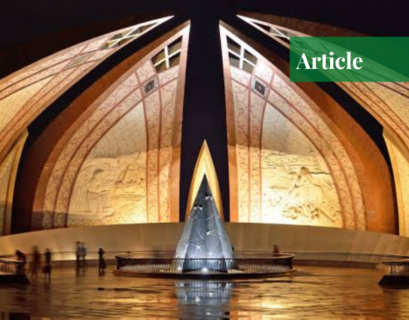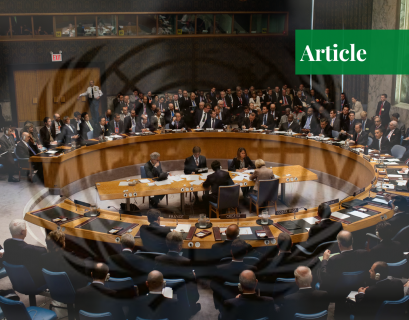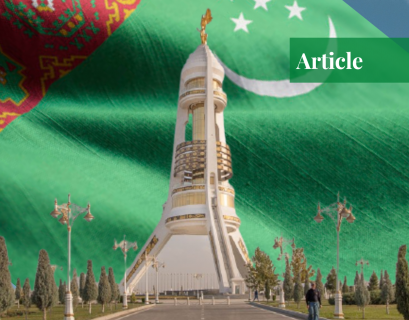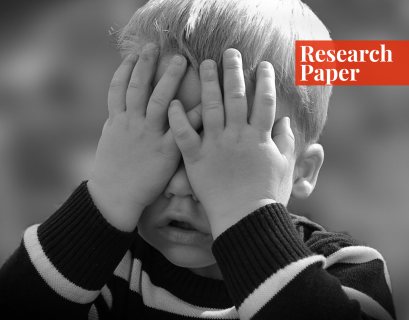Global Governance: Why? What? Whither?
In “Global Governance: Why? What? Whither,” Thomas G. Weiss explores the concept of a world without a global government and its implications for the future. He identifies five critical gaps in global governance: knowledge, normative, policy, institutional, and compliance gaps. Although a well-written and researched book overall, Ayesha Firdous notes that it still has some shortcomings.
The Islamic State’s Ingress in Africa: Implications for Regional and Global Security
There has been increasing evidence and concern regarding the presence of ISIS in Africa. While major powers and local authorities are actively countering the threat posed by the group in Africa, it is crucial to address the socio-political and economic deprivations that fuel the rebellion against the state. The group’s ambitions extend globally, as evident in an ambitious world map released by its leader, Baghdadi. Their strategy involves establishing their rule in different countries, employing local commanders known as “Amirs,” who are accountable to the self-proclaimed and widely regarded as illegitimate “Caliph.”
The International Responsibility of International Organisations
Moritz P. Moelle ponders the decades-old question of whether or not collective responsibility and accountability should exist in the peacekeeping missions of international organizations. His book, “The International Responsibility of International Organisations,” addresses the intricacies involved in the conduct of international organizations through a comprehensive analysis of both the UN Charter and the International Law Commission’s Articles on Responsibility of International Organizations (ARIO). The book further encompasses Moelle’s idea of normative control to foster joint responsibility of international and regional organizations.
US Intervention in Somalia: Justified or Unnecessary?
Huda Raza details the US-led intervention in Somalia, the political scenario behind the situation that led to the intervention, and the military measures taken by the Bush and Clinton administrations.
She also evaluates whether it was a fair intervention under the theory of just war.
The Bosnian Genocide: The UN’s Ultimate Failure
Nothing explains the United Nations’ peacekeeping failure better than the Bosnian War (1992-1995). Despite the presence of UN peacekeepers, the war culminated in one of the most horrendous massacres of all time—the Srebrenica massacre. The United Nations’ incompetence in preventing the genocide of the Bosnian Muslims, and the great powers’ hesitance to intervene cost the world the lives of more than 100,000 Bosniaks.
UNGA 77: Ukraine War Overshadows Other Issues
The 77th Session of the United Nations General Assembly (UNGA 77) opened on 13 September 2022, and the week-long debates were heavily dominated by one conflict—the Russia-Ukraine war. It drowned out other important matters like the food crisis, the energy crisis, and the conflicts elsewhere. Moreover, many leaders were displeased with the West’s bias towards Ukraine.
The Russian War in Ukraine in Light of International Law
Article 2(4) of the UN Charter prohibits states from using force against each other. Yet, in the case of the Russian war in Ukraine, the article is being blatantly violated. Though Ukraine’s President Volodymyr Zelensky has declared that the state will utilize its right to self-defense against Russian aggression, President Putin has refused to acknowledge the violation of international law. The author, Fatima Musa Malik, explains that amidst the crisis, the United Nations Security Council has reached a deadlock, and the responsibility to resolve the conflict has fallen on the UN General Assembly.
The OIC Conference on the Humanitarian Crisis in Afghanistan
A little over a month has passed since Pakistan organized the 17th extraordinary session of the OIC Council of Foreign Ministers, but Afghanistan’s situation shows no signs of optimism. The author, Mairaj ul Hamid Nasri, gives a summary of the deliberations and the commitments made at the meeting.
Questioning the Role of the United Nations (UN)
This research paper aims to evaluate the role of the United Nations Organization in light of some of the most highlighted events in its history, ranging from Rwanda to Kashmir; the crises mentioned will be summarized and analyzed to provide the reader with only the relevant information which is consistent with the central theme of this paper.
In addition to this, the paper will also shed light upon the effectiveness of the UN when it comes to dealing with the world’s superpowers. A brief part of this paper will scrutinize the role of the International Court of Justice from a legal point of view, covering its overall structure and the extent to which its decisions are binding on the member Nations.
An Evolution of the UN Peacekeeping Missions
When the United Nations first introduced its peacekeeping missions the operations simply observed ceasefires and monitored conflicts. Yet, over the years, peacekeeping operations have evolved to include humanitarian and technical assistance as well. The first two generations of peacekeeping required non-use of force, impartiality, and the consent of the parties involved, hence, limiting the authority of the peacekeepers. The author notes that due to the failure of these generations, third-generation peacekeeping has been tasked with reforming the peacekeeping operations.
The Contemporary Challenges Facing the Political System in Syria
The Syrian Arab Republic has a complicated stratification of ethnic groups, and strict constitutional boundaries for voting, the nomination of political parties, and elections.
Equally confusing is the distribution of power, with the presidential autonomous structure of the political system.
This system serves as an example of one of the most complex and intricate forms of democracy in the world, leading to a lack of options for any new political stakeholders to gain power.
Keeping that complexity in sight, this paper identifies and analyses the contemporary political challenges that are being faced by the political system in Syria.
The Rationale and Significance for Soft Power in Pakistan
Has soft power become an esoteric term? The term alone calls for priority in the agenda of states in a world that hurriedly ushers a digital global community. Last month, Paradigm Shift conducted a poll, wherein 86% of the participants considered it crucial for Pakistan to develop its soft power. In view of that, the author underscores the importance of soft power not only for Pakistan but for every state.
Peacekeeping Missions of UN: History and Current Challenges
The peacekeeping missions of United Nations have considerably evolved since 1948. With each generation of peacekeeping, new challenges have emerged. The author notes that while the UN has reformed peacekeeping by a large extent in the third generation, the operations face threats in the form of terrorism, weak political will, funding, weapons proliferation, and sexual and physical abuse.
Neutrality Day: Turkmenistan’s Pride
Neutrality day celebrates the neutral policy of Turkmenistan; it has become the state’s distinctive feature. The policy encompasses non-interference and neutrality with respect to other states.
Civil Society and Child Rights in Pakistan
Pakistan’s civil society – made up of varying entities – plays an integral role in fighting for child rights in the country. The civil society fights against child rights violations through different channels: From awareness campaigns to influencing policy decisions.
